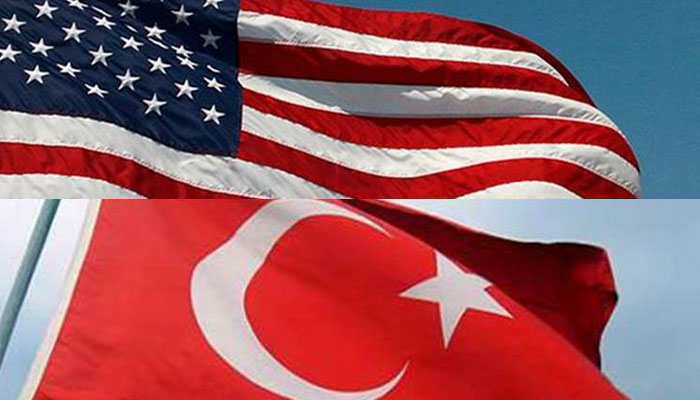TRENDING TAGS :
US Imposes Sanctions on Israeli Military Unit Amid Controversy
The United States’ decision to sanction the Israeli military unit Netzah Yehuda has sparked controversy. Israeli leaders express strong opposition, emphasizing the impact on their alliance with the U.S.
United States
In a significant development, the United States has decided to impose sanctions on an Israeli military unit, marking the first time such action has been taken against a specific unit within the Israeli Defense Forces (IDF). The move has drawn sharp reactions from Israeli leaders and further strained relations between the two allies during the ongoing conflict in Gaza.
The Targeted Unit: Netzah Yehuda
The unit facing sanctions is Netzah Yehuda, an infantry battalion founded approximately 25 years ago with the aim of integrating ultra-Orthodox men into the IDF. While compulsory military service is the norm in Israel, religious exemptions often apply. Netzah Yehuda has historically operated in the occupied West Bank, and some of its members have been linked to alleged abuses against Palestinians.
The Controversial Incident
Netzah Yehuda came under scrutiny in 2022 when an elderly Palestinian-American man, Omar Assad, was found dead shortly after being detained at a West Bank checkpoint. An autopsy revealed underlying health conditions, but also indicated a heart attack caused by “external violence.” Bruises on Assad’s head, redness on his wrists from being bound, and bleeding in his eyelids from tight blindfolding were documented. The incident led to condemnation and raised questions about accountability within the unit.
Israel’s Response
Israeli Prime Minister Benjamin Netanyahu strongly criticized the U.S. decision, calling it “unfair” and vowing to fight against it. He emphasized that imposing sanctions on an IDF unit during a time of war was unacceptable. Netanyahu’s sentiment was echoed by other Israeli leaders who consider the move ill-timed and detrimental to the longstanding alliance between the U.S. and Israel.
The Larger Context
The U.S. administration’s decision reflects growing concerns over human rights violations in conflict zones. While the specific details of the sanctions have not been disclosed, the move sends a clear message about accountability and adherence to international norms. It also highlights the delicate balance between supporting an ally and addressing alleged misconduct.
As the situation unfolds, the imposition of sanctions on Netzah Yehuda remains a contentious issue. The incident involving Omar Assad underscores the need for transparency and justice, even in the midst of geopolitical complexities. Both nations must navigate their shared interests while upholding principles of human rights and accountability.



